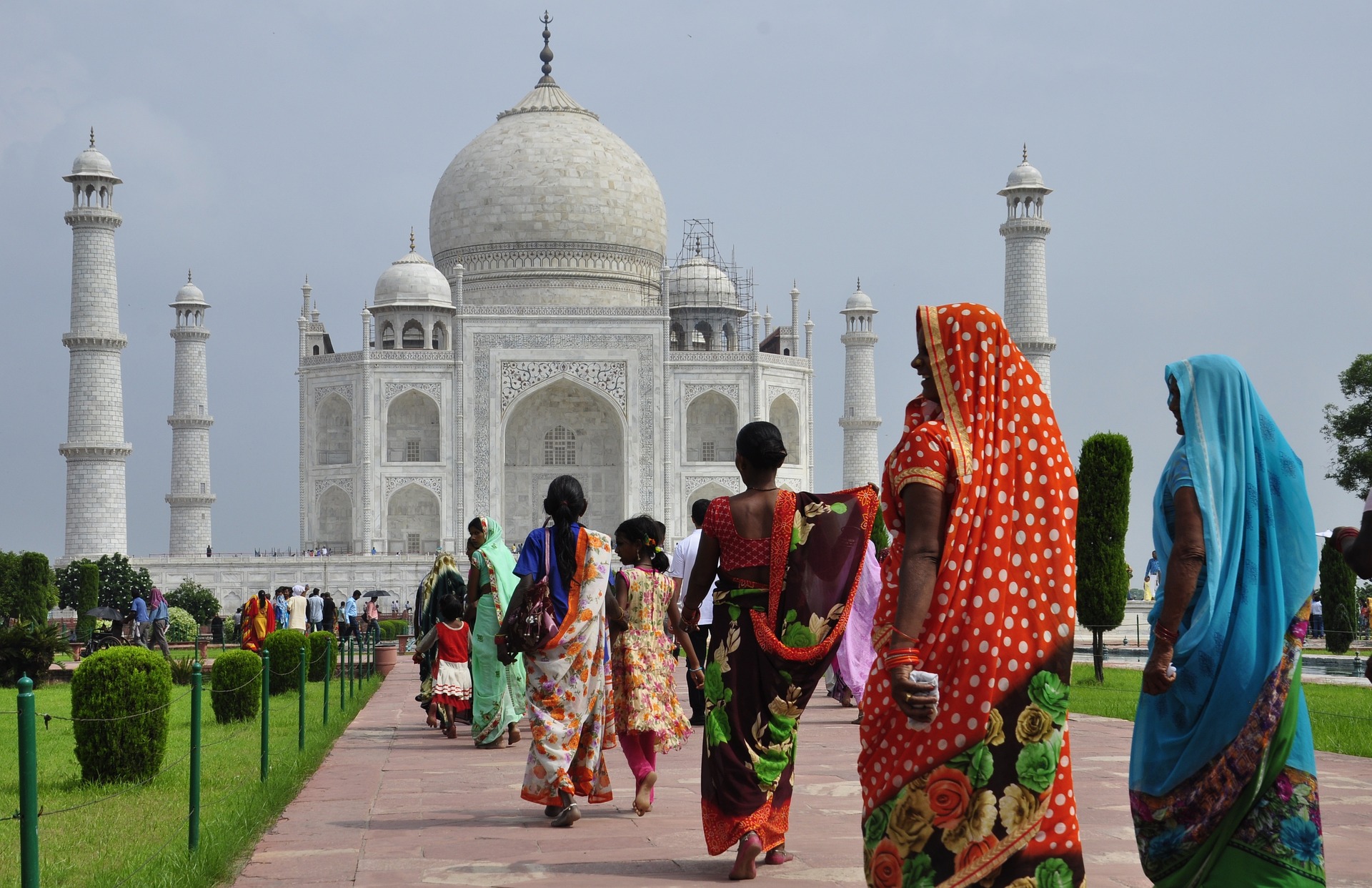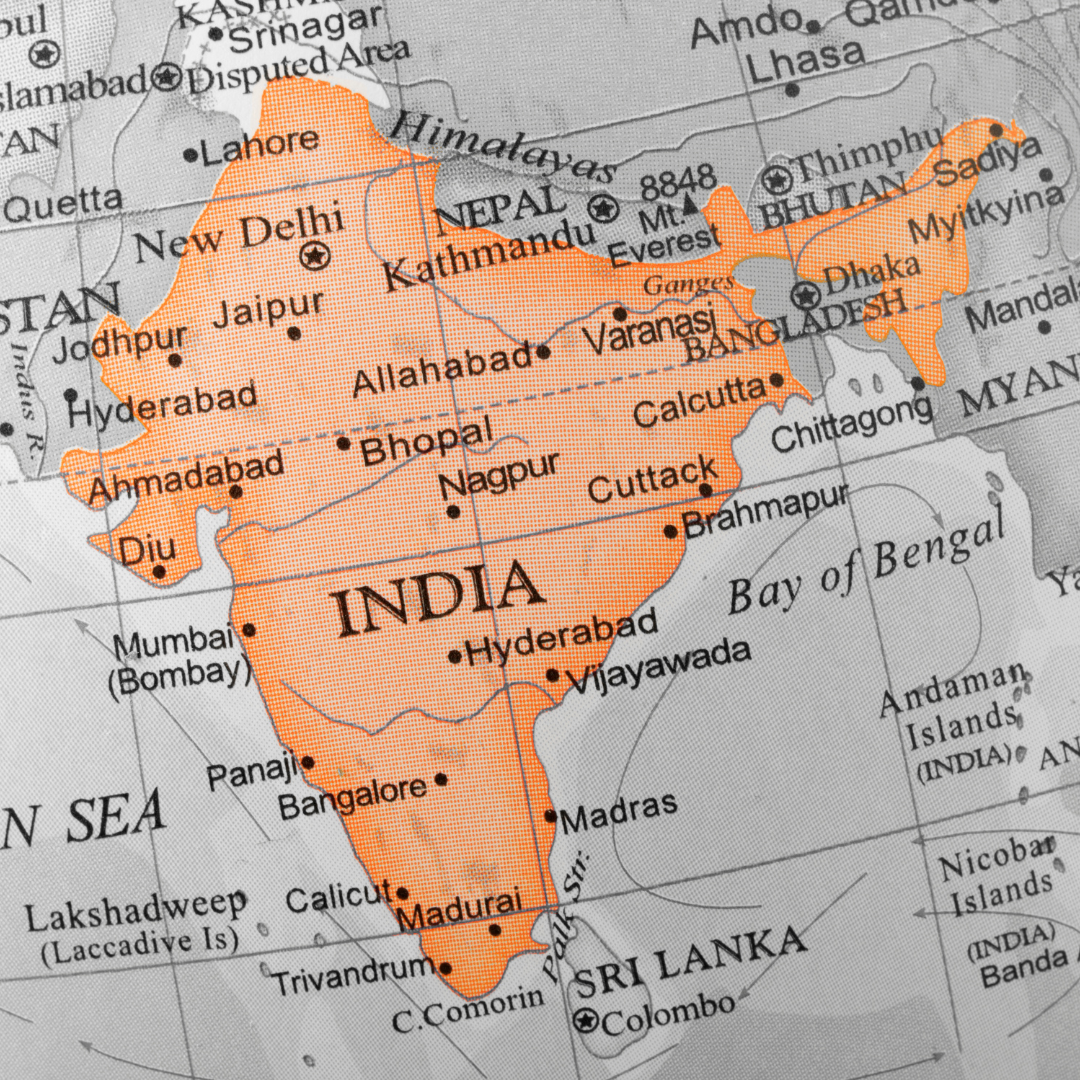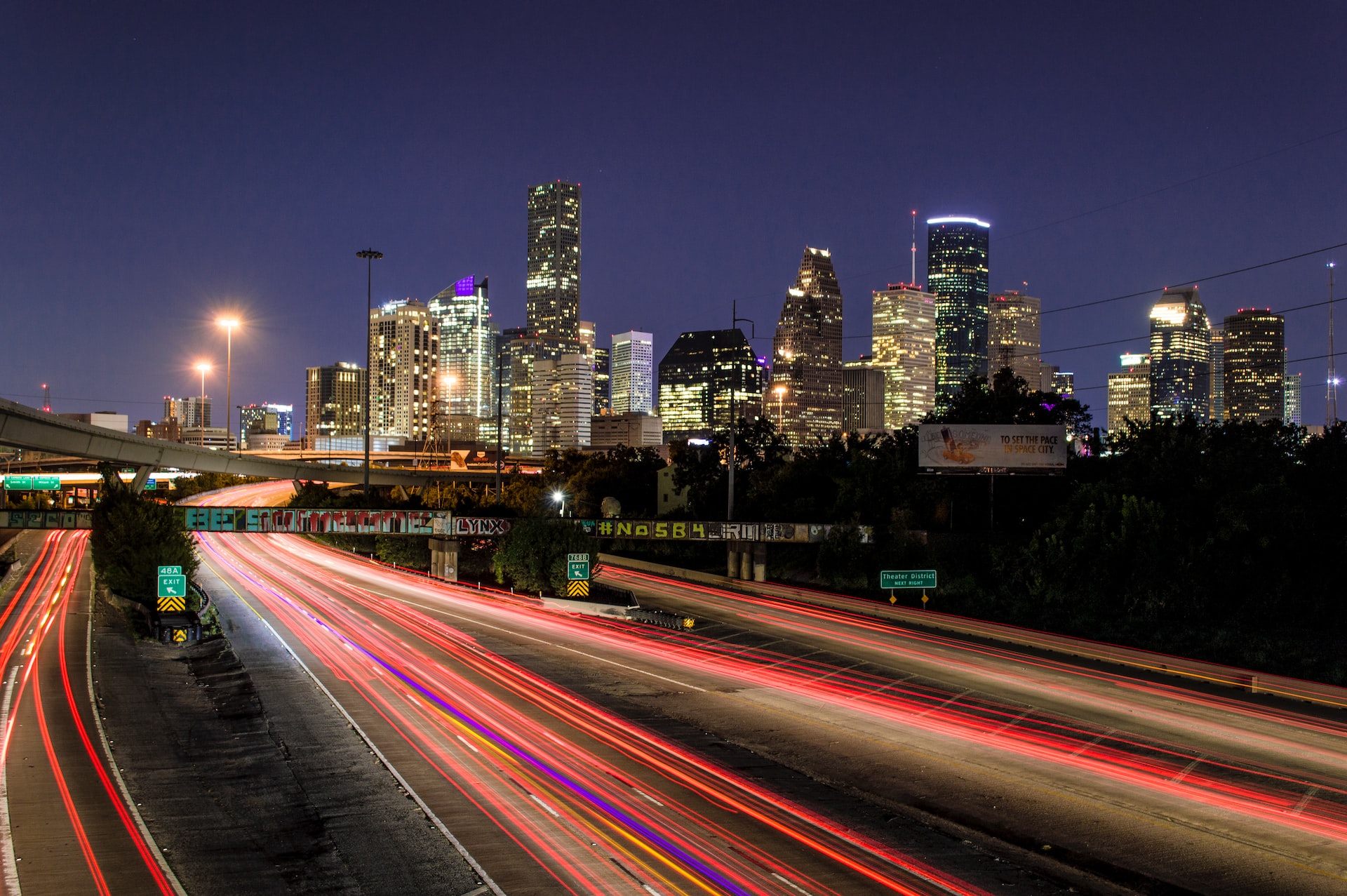India is a fascinating country. It is the second-most populous country in the world and is rich in regional traditions and various cultures. Historically, people tended to move away from India to find their wealth in Western countries. However, this trend is slowly reversing. There are more than 20,000 expatriates in India and this figure is growing year after year.
A lot of people are attracted to India because of the low costs and the opportunity to capitalize on new business opportunities. There are then those who simply want a change, a chance to embrace a new culture and way of life. Irrespective of why you are planning to relocate to India, this post will provide you with some key details you should know before your big move.

Housing
Special housing complexes aimed at ex-pats have been developed in big cities, such as New Delhi, Kolkata, and Mumbai, in order to cater to the increasing number of expatriates in these locations. In order to legally buy a property, you must meet the residency requirement of 183 days per financial year. If this does not apply you will need to rent instead.
Tax
You need to apply for a Permanent Account Number (PAN) if you are required to pay taxes in India. All of the following are taxable in India – salaries, capital gains, profits and gains from profession or business, income from house property, and income from other sources. At present, you are taxed on anything in excess of INR 200,000. If you earn over this amount you will be subject to the following tax rates…
– Between INR 200,000 and INR 500,000 is taxable at 10 percent
– Between INR 500,001 and INR 1,000,000 is taxable at 20 percent
– INR 1,000,001 and above is taxable at 30 percent
Needless to say, paying taxes in a new country can be complicated, and thus if you are feeling unsure it’s always advisable to use the services of a professional so everything runs smoothly. A financial advisor will be able to assist you with everything from life insurance to your pension ahead of your big move.
Health Care
In India, health care is extremely mixed. The private offering is of an exceptionally high standard, thanks to Western medicine and leading doctors. However, a lot of locals cannot afford the costs associated with private medical treatment and thus they rely on traditional remedies and alternative treatments. You are highly advised to take out international health insurance prior to your move. The Foreign & Commonwealth Office even recommends ex-pat medical insurance, stating that ex-pats must recognize that local facilities cannot be compared with Western countries. However, if you take out a global health insurance policy you can be certain of access to the best hospital network, ensuring the best facilities, doctors, and treatments. The private hospitals in India have earned the country a reputation as a medical tourism center and you will be able to gain access to this side of their healthcare system if you have ex-pat health insurance in place.












